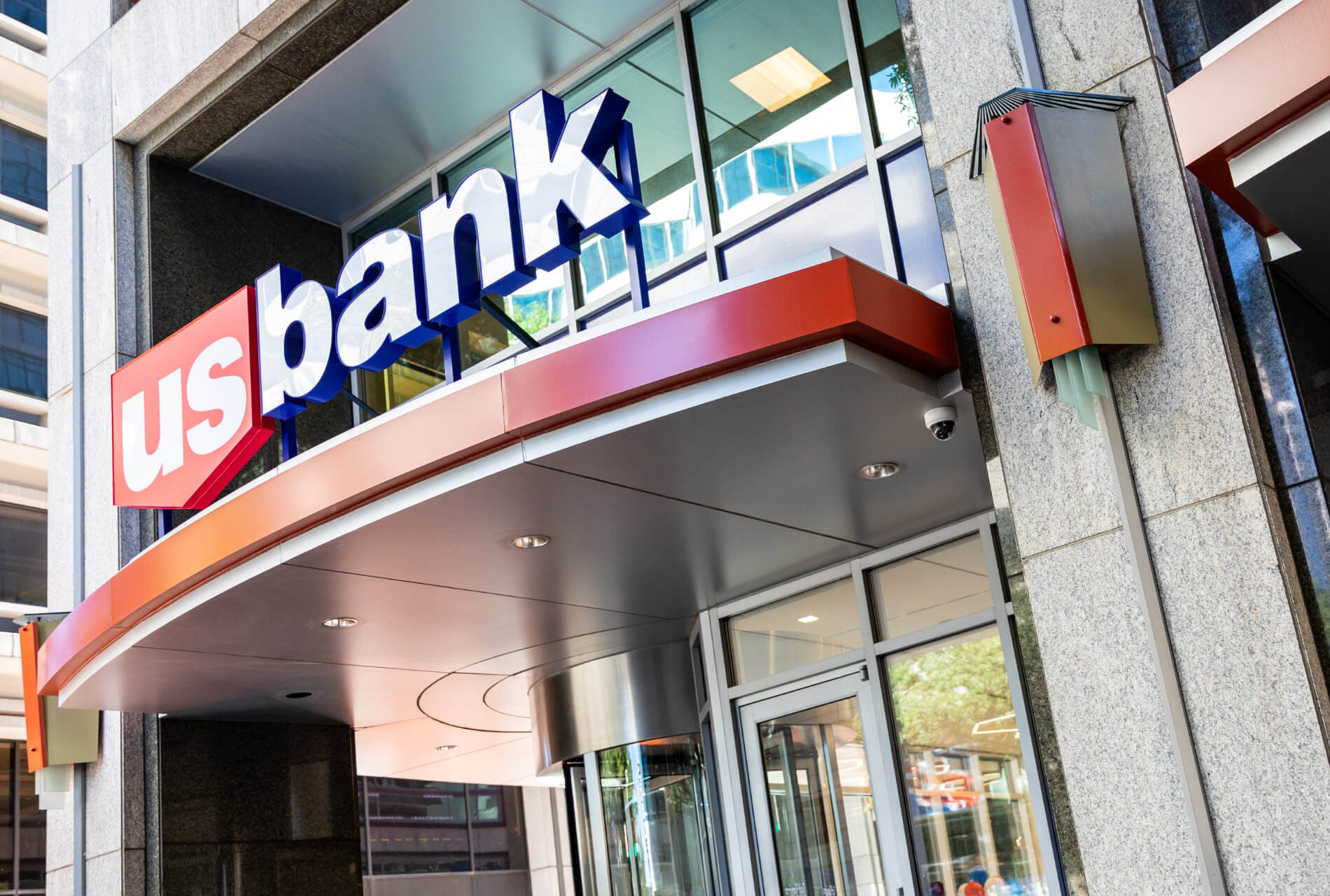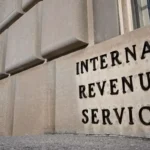U.S. Bancorp has made a pledge to federal regulators to reduce the size of its balance sheet and mitigate its risk exposure, a strategic move aimed at liberating itself from more rigorous regulatory oversight.
The country’s largest regional lender disclosed in a regulatory filing that it has received approval from the Federal Reserve to maintain its status as a Category III bank. This designation implies that it will be subject to less onerous and time-consuming regulatory requirements.
The decision to shrink its operations came on the heels of months of preparation by the bank, which had $665 billion in assets as of September 30. This preparation was in response to the regulatory obligations linked to attaining the Category II designation, which is typically assigned to banks with over $700 billion in assets.
Ann Misback, the Secretary for the Federal Reserve Board, conveyed in a letter to U.S. Bancorp’s legal counsel, “U.S. Bancorp represents that it anticipates taking further actions to reduce its projected risk profile, including further net reductions in assets and increases in regulatory capital.” She noted that based on the company’s presentation, the board “has approved U.S. Bancorp’s request for complete relief from the commitments.”

When contacted for comment, a spokesperson for U.S. Bancorp declined. In response to the news, shares of the Minneapolis-based bank surged by 7% to close at $34.89 on Tuesday, marking the most substantial gain since March.
Had U.S. Bancorp been designated as Category II, it would have been subjected to stricter liquidity requirements, an annual stress test instead of a biennial one, and a more intricate approach to determining its capital requisites.
According to the Federal Reserve, U.S. Bancorp has already taken measures to diminish its risk profile. These actions included a reduction of its investment portfolio by approximately $30 billion and the completion of loan sales and securitizations worth approximately $7 billion. Additionally, the bank has decreased its short-term borrowing on its balance sheet.
In its announcement, the central bank also mentioned several proposals that will tighten regulations for Category III banks. One such proposal obligates these banks to incorporate unrealized losses from their balance sheet investments into their capital ratios.
U.S. Bancorp had previously committed to adhering to more stringent regulations by the end of 2024 as part of its agreement with Mitsubishi UFJ Financial Group’s Union Bank.
Gerard Cassidy, an analyst at RBC Capital Markets, expressed optimism about the regulatory change, noting, “The regulatory change is very positive for U.S. Bancorp. It will give the company greater flexibility in managing its balance sheet over the next two years.”









